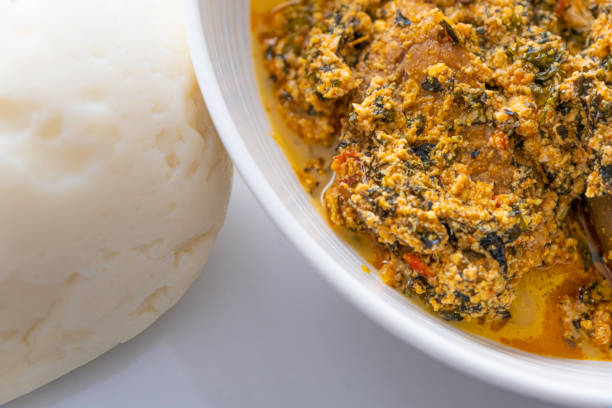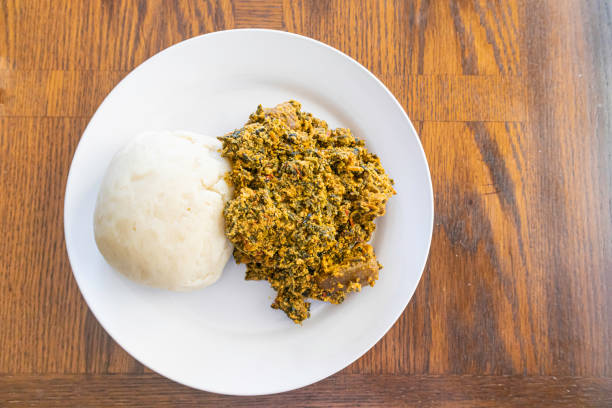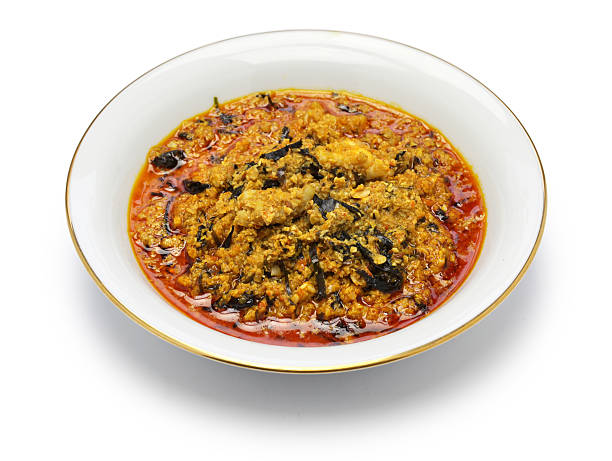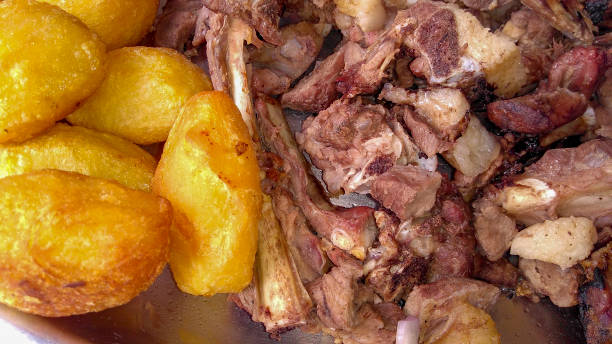Egusi soup is a traditional dish originating from West Africa, particularly Nigeria and Ghana, and is cherished for its rich flavor and nutritional richness. Made from ground melon seeds, vegetables, and various spices, egusi soup not only delights the palate but also offers a wealth of essential nutrients that contribute to overall health and well-being.

One of the key nutritional components of egusi soup is its high protein content. Egusi seeds are rich in protein, making them a valuable source of amino acids necessary for muscle repair and growth. Including protein-rich foods like egusi soup in one’s diet helps support muscle health, immune function, and hormone production.

Moreover, egusi soup is packed with vitamins and minerals, particularly vitamin A, vitamin C, vitamin E, and potassium. Vitamin A is essential for vision health, immune function, and skin integrity. Vitamin C is a powerful antioxidant that boosts the immune system and promotes collagen synthesis for skin health. Vitamin E is another antioxidant that helps protect cells from oxidative stress and supports immune function. Potassium is crucial for maintaining proper fluid balance, supporting heart health, and regulating blood pressure.

Additionally, egusi soup is a good source of dietary fiber, thanks to the inclusion of vegetables such as spinach, kale, or bitter leaf. Fiber is essential for digestive health, promoting regular bowel movements and preventing constipation. Including fiber-rich foods like egusi soup in one’s diet supports gut health and may reduce the risk of digestive disorders such as diverticulitis and colon cancer.

Furthermore, the spices and herbs used to flavor egusi soup add not only depth of flavor but also potential health benefits. Ingredients such as onions, garlic, ginger, and chili peppers contain bioactive compounds with antioxidant, anti-inflammatory, and antimicrobial properties. These compounds help reduce oxidative stress in the body, combat inflammation, and may lower the risk of chronic diseases such as heart disease, cancer, and diabetes.

In culinary applications, egusi soup is often served with a starchy accompaniment such as pounded yam, fufu, or rice, adding texture and additional nutrients to the meal. These carbohydrates provide energy to fuel daily activities and support physical endurance.
In conclusion, egusi soup offers a delicious and nutritious dining experience that reflects the culinary richness of West African cuisine. With its rich blend of protein, vitamins, minerals, and fiber, egusi soup provides essential nutrients that support overall health and well-being. Including egusi soup as part of a balanced diet contributes to a diverse and flavorful approach to nutrition, while satisfying the taste buds with its bold flavors and hearty texture.




